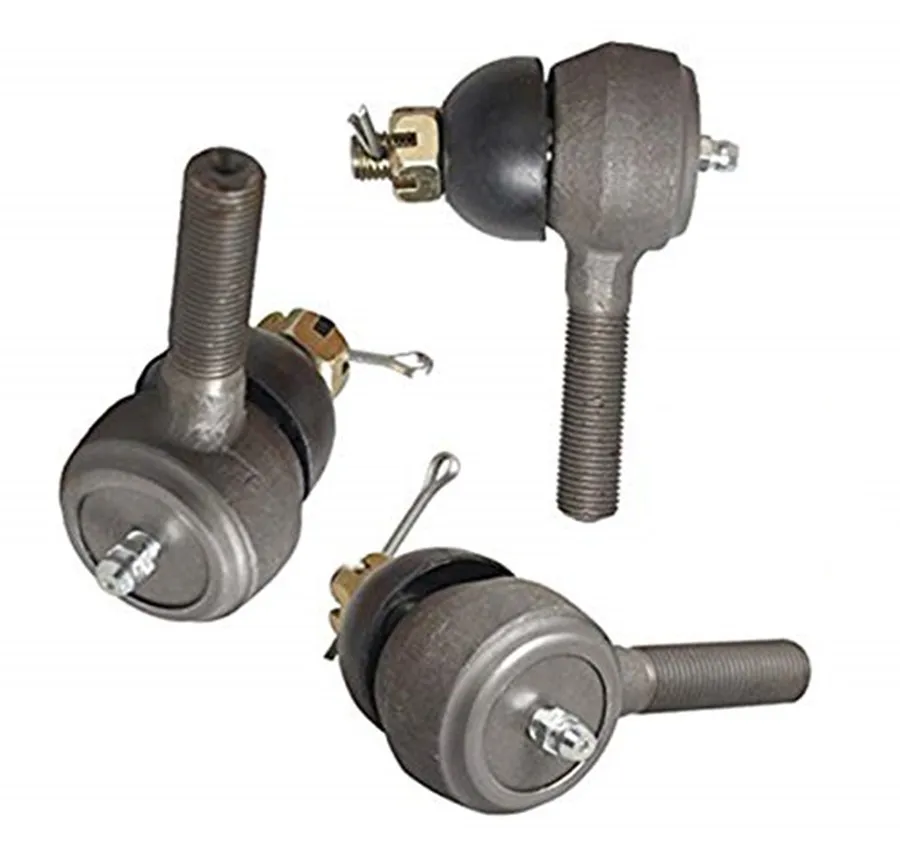Symptoms of failing ball joints include:
- Clunking, rattling, or clunking noises coming from the suspension
- Loose, wandering steering
- Vibration in the steering wheel or cabin
- Uneven tire wear
- Difficulty keeping the vehicle in a straight line

Ball joints fail for a variety of reasons, including:
- Normal wear and tear: Ball joints are subject to a lot of wear and tear, especially if you drive on rough roads or tow heavy loads. Over time, the ball joint can become loose and worn, which can lead to failure.
- Damage: Ball joints can also be damaged by impact, such as hitting a pothole or curb. This can cause the ball joint to bend or crack, which can lead to failure.
- Corrosion: Ball joints can also corrode over time, especially if you live in a climate with a lot of salt on the roads. Corrosion can weaken the ball joint and make it more likely to fail.
If you notice any of the symptoms of failing ball joints, it is important to have your vehicle inspected by a qualified mechanic as soon as possible. Failing ball joints can cause a loss of control of the vehicle, which can lead to an accident.
Here are some tips to help prevent ball joint failure:
- Avoid driving on rough roads
- Don’t overload your vehicle
- Have your tires rotated and balanced regularly
- Have your ball joints inspected regularly
Replacing ball joints is a relatively complex repair, so it is important to have it done by a qualified mechanic.
Save on ball joints at AutoPartsWAY.ca